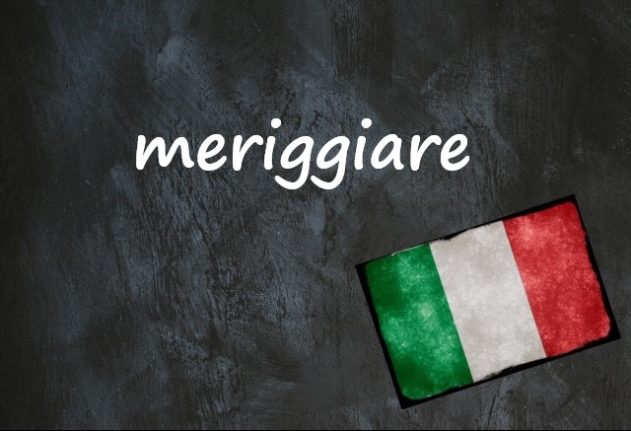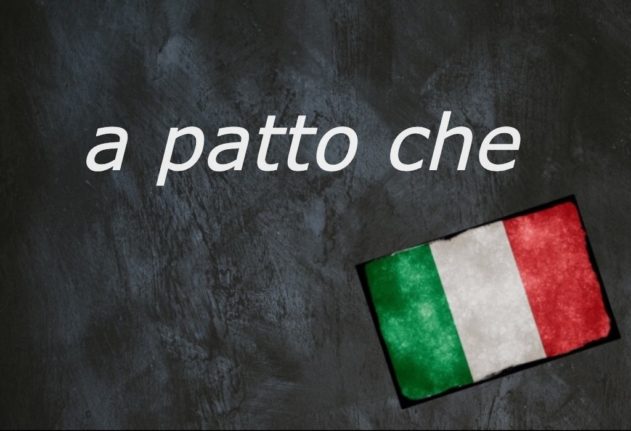Have you ever rested outdoors in a shady place in the hot hours of midday? Perhaps you had a book with you or fell asleep on a hammock. Italian has a verb for this: meriggiare.
Now admittedly, meriggiare (pronunciation available here) is a word that’s rarely used in the modern Italian language, but it does still exist.
To add to its allure, it cannot be translated into English. It’s very specific to a midday nap in the heat. Perhaps the nearest English word would be ‘nooning’, yet that is somewhat archaic.
According to Italian dictionary Trecanni meriggiare also means to rest at home around noon, particularly after eating. It’s not just for the outdoors, and it’s similar to having a siesta.
The verb, which has the same conjugations as any other Italian verb, was first said to be introduced in Eugenio Montale’s poem Ossi di seppia (cuttlefish bones) where he wrote the following:
Meriggiare pallido e assorto…
Non rifugiarti nel’ombra…
This can translate to:
Resting pale and absorbed…
Don’t take refuge in the shadows…
But enough of the poetry. Can you use this rare verb in everyday language?
Let’s take a look at some examples.
Io meriggio sulla mia amaca quando la temperatura è troppo calda.
I rest on my hammock when the sun is too hot.
Meriggiavano sotto gli alberi.
They rested under the trees.
Lei meriggia dopo pranzo.
She rests after lunch.
So next time you’re in need of a rest in the shade after a heavy Italian lunch, you’ll have the perfect word to describe it.
See our complete Word of the Day archive here. Do you have a favourite Italian word you’d like us to feature? If so, please email us with your suggestion.
Don’t miss any of our Italian words and expressions of the day by downloading our new app (available on Apple and Android) and then selecting the Italian Word of the Day in your Notification options via the User button.



 Please whitelist us to continue reading.
Please whitelist us to continue reading.
Member comments